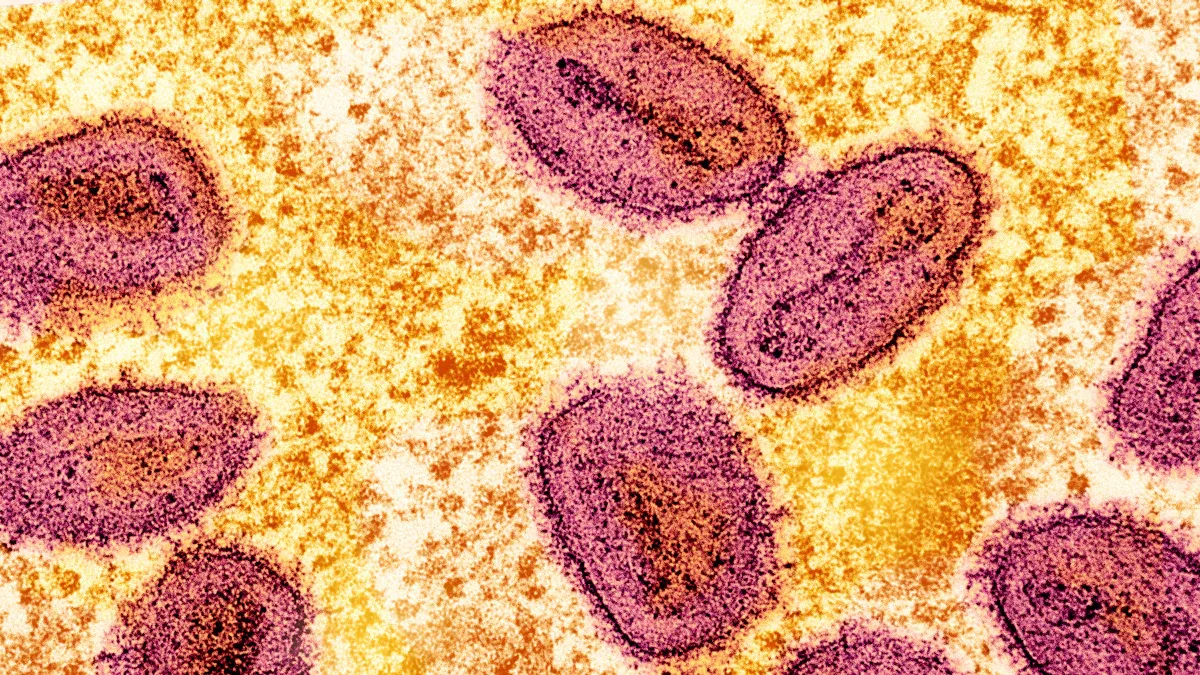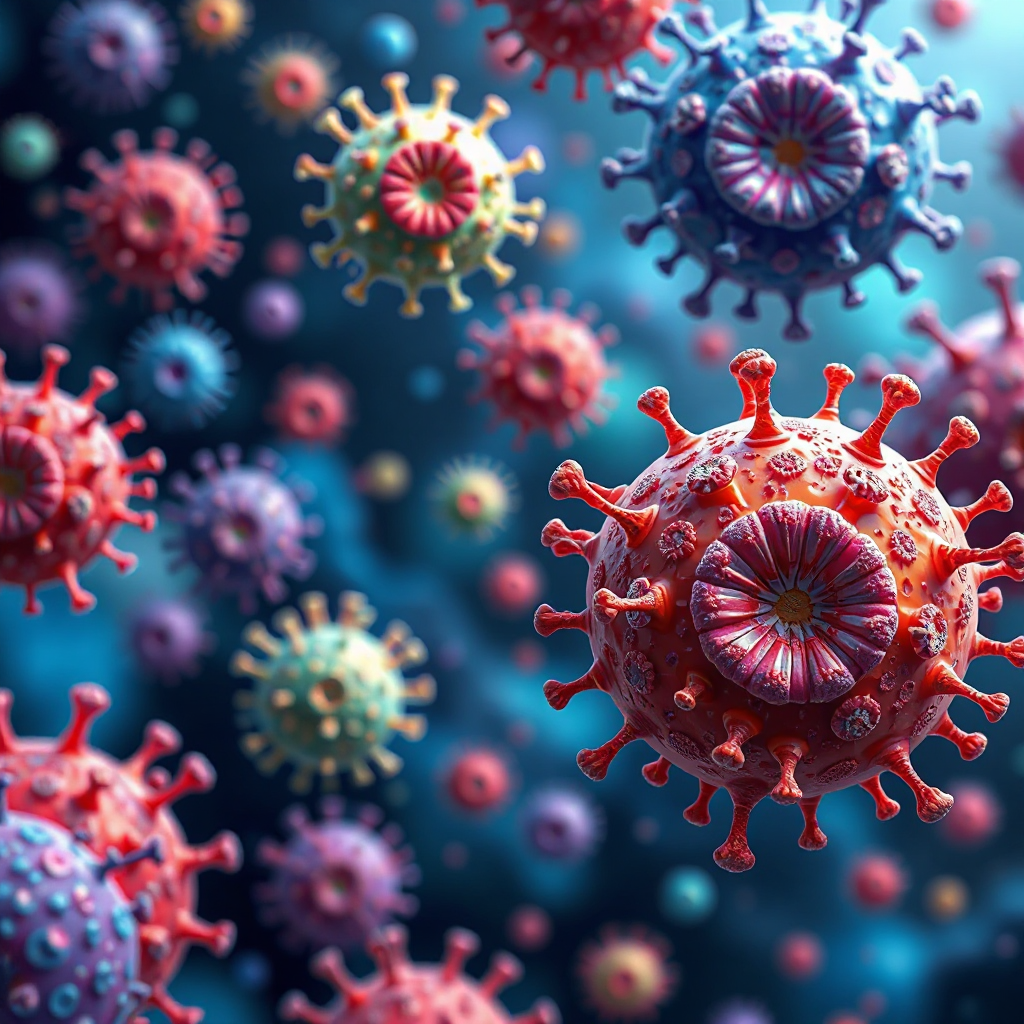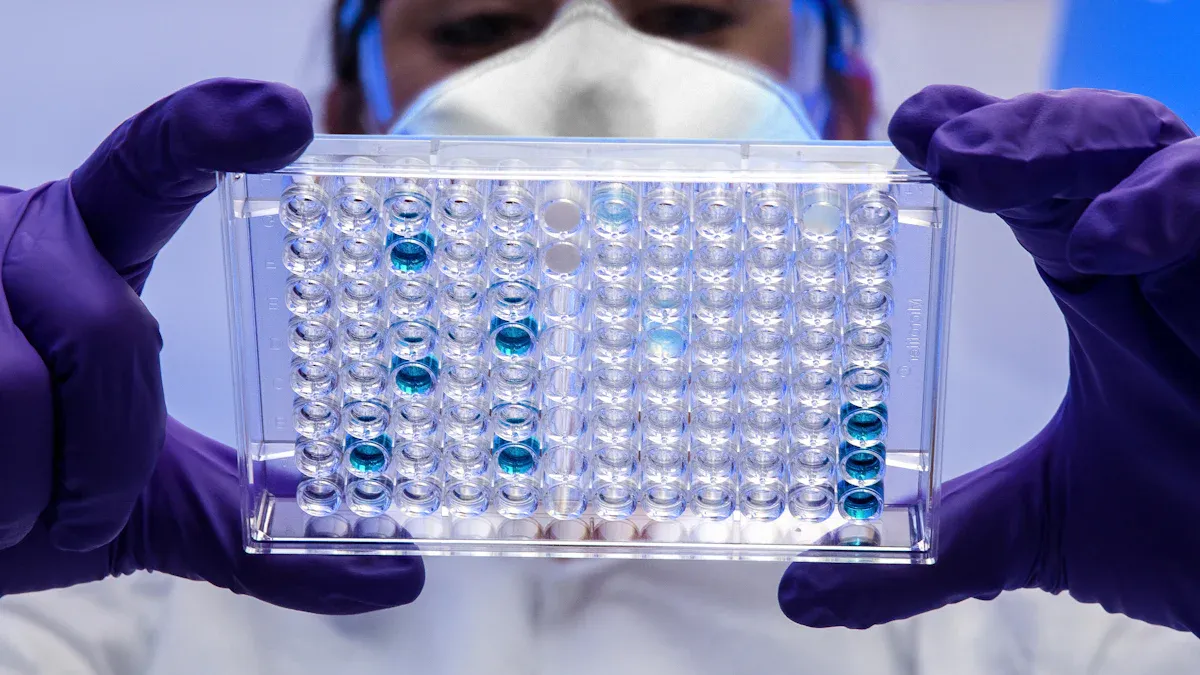Can Cancer Be Transmitted Through Air or Physical Contact

Can Cancer Spread Through Air or Touch? The Truth About Cancer Contagion is that cancer does not spread through air or physical contact. Unlike infectious diseases, it cannot be transmitted from one person to another. You can safely interact with someone who has cancer without any concern about catching it.
Can Cancer Spread Through Air or Touch? The Truth About Cancer Contagion is that cancer is not contagious.
Close contact, such as hugging, kissing, or sharing meals, does not lead to the spread of cancer.
Your immune system is capable of destroying foreign cancer cells from another person.
Understanding Can Cancer Spread Through Air or Touch? The Truth About Cancer Contagion helps dispel unnecessary fears and allows you to focus on supporting those affected.
Key Takeaways
Cancer does not spread from one person to another. You cannot get it by breathing the same air, touching, or sharing spaces.
Your body’s immune system stops cancer cells from others. These cells cannot live in someone else’s body.
It is safe to touch or hug someone with cancer. Being close can help them feel supported and cared for.
Many people believe wrong ideas about cancer spreading. Learning the truth can help stop these fears.
Helping someone with cancer is very important. Your kindness can really help them during their tough time.
Can Cancer Spread Through Air or Touch? The Truth About Cancer Contagion

Why Cancer Is Not Contagious
How cancer develops in the body
Cancer begins when cells in your body undergo genetic mutations. These mutations cause cells to grow uncontrollably, forming tumors or spreading to other parts of the body. This process is entirely internal and unique to each individual. Unlike infections caused by bacteria or viruses, cancer does not involve an external agent that can spread from one person to another.
The development of cancer is a complex biological process. It starts within your own cells and cannot be passed to someone else through casual contact. This internal nature of cancer makes it impossible for it to spread through air, touch, or shared environments.
Cancer as a result of genetic mutations, not infection
Cancer arises from changes in your DNA, which control how cells function. These changes can occur due to factors like smoking, exposure to harmful chemicals, or even inherited genetic predispositions. However, these mutations are confined to your body and do not transfer to others.
You might wonder if cancer could spread like a cold or flu. The answer is no. Cancer is not caused by an infectious agent. It is a result of your body’s own cells behaving abnormally. This distinction explains why cancer cannot be transmitted through air, touch, or shared spaces.
Why Cancer Cannot Be Transmitted
Cancer cells cannot survive in another person’s body
Even if cancer cells from one person entered another person’s body, they would not survive. Your immune system recognizes these cells as foreign and destroys them, much like it fights off bacteria or viruses. This natural defense mechanism ensures that cancer cannot take hold in someone else’s body.
Studies confirm that cancer cells cannot thrive outside their original environment. They are adapted to the specific conditions of the person they originated from. This adaptation makes it impossible for them to grow in another individual.
The immune system’s role in rejecting foreign cells
Your immune system plays a crucial role in protecting you from foreign invaders, including cancer cells from another person. When it detects these cells, it attacks and eliminates them. This response is similar to how your body fights off infections.
Routine interactions, such as hugging, sharing meals, or spending time with someone who has cancer, are completely safe. You do not need to worry about cancer spreading through these activities. Supporting a loved one with cancer does not increase your risk.
Cancer cannot spread through air, touch, or shared spaces. Understanding this helps you focus on providing care and support without fear.
Common Myths About Cancer Transmission
Can Cancer Spread Through Physical Contact?
Why touching someone with cancer is safe
You might wonder if touching someone with cancer could put you at risk. The answer is simple: it cannot. Cancer is not contagious, and physical contact does not transmit it. Hugging, holding hands, or even sharing a meal with someone who has cancer is completely safe. Your skin contact does not allow cancer cells to transfer or survive in your body.
Supporting a loved one with cancer through physical touch is not only safe but also beneficial. It provides comfort and emotional support during a challenging time. The myth that cancer can spread through touch is unfounded and has no scientific basis.
Cancer is not a communicable disease and cannot spread through touch.
Routine interactions, such as hugging or holding hands, are entirely safe.
You cannot catch cancer from another person, even through close physical contact.
Examples of common misconceptions
Some people mistakenly believe that cancer can spread like a virus or infection. This misconception often leads to unnecessary fear and avoidance of those with cancer. For example:
Some think that skin contact with a tumor could transmit cancer.
Others worry that being near someone with cancer might increase their risk.
These beliefs are not supported by science. Cancer develops internally due to genetic mutations and cannot be passed from one person to another.
Can Cancer Spread Through Air or Shared Spaces?
Why cancer is not airborne
Cancer does not spread through the air. Unlike infectious diseases, it does not involve bacteria or viruses that can travel through droplets or particles. Dr. Sandeep Nayak, a surgical oncologist, explains that cancer arises from genetic mutations within the body’s cells. These changes are not contagious and cannot spread through shared air spaces.
You can safely share a room, breathe the same air, or spend time with someone who has cancer without any risk. Cancer is not an airborne disease, and there is no evidence to suggest otherwise.
Differences between cancer and contagious diseases
Contagious diseases, like the flu or COVID-19, spread through pathogens such as viruses or bacteria. These pathogens can travel through air, touch, or bodily fluids. Cancer, on the other hand, is not caused by an external agent. It develops from changes in your own cells and cannot be transmitted to others.
Understanding this difference helps dispel fears about cancer transmission. You can confidently interact with someone who has cancer without worrying about catching it.
Can Cancer Spread Through Saliva or Blood?
Addressing fears about sharing utensils or accidental blood contact
Some people worry that sharing utensils, kissing, or accidental blood contact with someone who has cancer might spread the disease. These fears are unfounded. Cancer is not a communicable disease and cannot be transmitted through casual contact.
While certain viruses linked to cancer, like HPV or Hepatitis B, can spread through saliva or blood, the cancer itself does not. This distinction is important. Cancer results from genetic mutations, not an infectious process.
Scientific evidence debunking these fears
Scientific studies confirm that cancer cannot spread through saliva, blood, or casual contact. For example, sharing utensils or being exposed to someone’s blood does not pose a risk. The genetic mutations causing cancer are confined to the individual’s body and cannot transfer to another person.
Although some viruses associated with cancer can be contagious, this does not mean cancer itself is. You can safely interact with someone who has cancer without fear of transmission.
Cancer is not contagious. It cannot spread through physical contact, air, or shared spaces. Understanding this helps you provide support without fear.
Rare Exceptions to Cancer Transmission
Organ Transplants and Cancer Risk
How organ recipients may face a small risk
Organ transplants can save lives, but they come with unique risks. In rare cases, cancer cells from a donor organ may transfer to the recipient. This happens because the recipient’s immune system is often suppressed to prevent organ rejection. A weakened immune system may struggle to detect and destroy these foreign cancer cells.
Studies have shown that organ transplant recipients face a higher risk of developing certain cancers. For example:
A 2022 Mayo Clinic study highlighted an increased risk of skin cancer in transplant patients.
Research from Finland in 2022 revealed that solid organ transplant recipients have higher cancer rates and mortality compared to the general population.
A National Cancer Institute study analyzed over 175,000 transplant recipients and found elevated risks for cancers like non-Hodgkin lymphoma, lung cancer, and kidney cancer.
Medical precautions to minimize risks
Doctors take extensive precautions to reduce these risks. They screen organ donors for any signs of cancer before transplantation. Additionally, recipients undergo regular monitoring to detect and treat any potential issues early. These measures ensure that the benefits of organ transplants far outweigh the risks.
While the risk exists, it remains extremely rare and well-managed by medical professionals.
Cancer Transmission During Pregnancy
Rare cases of mother-to-baby transmission
In extremely rare cases, cancer can pass from a pregnant mother to her baby. This occurs when cancer cells cross the placenta and enter the baby’s bloodstream. Such cases are exceptionally uncommon, with only a handful reported worldwide.
Why these cases are extremely uncommon
Your body has natural barriers, like the placenta, that protect the baby from harmful cells. Additionally, the baby’s immune system often destroys any foreign cancer cells. These protective mechanisms make mother-to-baby cancer transmission an extraordinary rarity.
The Role of Cancer-Causing Viruses
Viruses like HPV and Hepatitis B/C and their link to cancer
Certain viruses, such as human papillomavirus (HPV) and Hepatitis B or C, can increase the risk of cancer. For instance, HPV is linked to cervical cancer, while Hepatitis B and C are associated with liver cancer. These viruses spread through contact, but the cancer they may cause does not.
Why the virus, not cancer itself, is contagious
It’s important to understand that the virus, not the cancer, is contagious. If you contract one of these viruses, it doesn’t mean you will develop cancer. Vaccines and early treatment can significantly reduce the risk.
Knowing the difference between cancer and cancer-causing viruses helps you make informed decisions about prevention and care.
Supporting Someone with Cancer Without Fear

The Importance of Physical and Emotional Support
Why physical contact is safe and beneficial
Physical contact with someone who has cancer is completely safe. Hugging, holding hands, or offering a comforting touch does not pose any risk to you. In fact, these gestures can have a profound impact on their emotional well-being. When you offer physical support, you help reduce feelings of isolation and provide a sense of connection.
Studies show that physical activity and support can even improve outcomes for cancer patients. For example:
Engaging in physical activity after a prostate cancer diagnosis has been linked to a 33% reduction in the risk of death from prostate cancer.
It also reduces the risk of death from any cause by 45%.
These findings highlight the importance of staying connected and offering support. Your presence and touch can make a significant difference in their journey.
Ways to provide comfort and care
You can support someone with cancer in many meaningful ways. Simple actions like listening to their concerns or spending quality time together can provide immense comfort. Offering to help with daily tasks, such as cooking or running errands, can ease their burden.
Here are some practical ways to show care:
Bring them a meal or a small gift to brighten their day.
Accompany them to medical appointments for moral support.
Encourage them to share their feelings without fear of judgment.
Your kindness and empathy can create a positive environment that helps them feel valued and supported.
Dispelling Stigma Around Cancer
Addressing fears and misconceptions in society
Many people still hold misconceptions about cancer, which can lead to unnecessary fear and stigma. Some believe cancer is contagious or that spending time with a cancer patient might put them at risk. These myths are not only false but also harmful. They can isolate those who need support the most.
Educating yourself and others about the facts can help combat these fears. Share accurate information, such as the fact that cancer cannot spread through air, touch, or shared spaces. When you address these misconceptions, you help create a more compassionate and understanding society.
Encouraging open conversations about cancer
Talking openly about cancer can break down barriers and reduce stigma. Encourage friends and family to ask questions and learn more about the disease. Honest conversations can help dispel myths and foster empathy.
You can also support awareness campaigns or participate in community events that promote cancer education. By sharing stories and experiences, you help normalize discussions about cancer. This openness can inspire others to provide better support to those affected.
When you challenge stigma and encourage understanding, you create a supportive environment where cancer patients feel respected and cared for.
Cancer does not spread through air, touch, or shared spaces. It develops from genetic mutations within the body, making it non-contagious. Rare exceptions, like organ transplants or pregnancy-related cases, occur infrequently and are well-managed by medical professionals.
Supporting someone with cancer is both safe and essential. Your care can provide emotional strength and comfort during their journey.
Understanding these facts helps you overcome fears and misconceptions. By learning the truth, you contribute to reducing stigma and fostering a supportive environment for those affected by cancer.
FAQ
Can you get cancer from someone coughing or sneezing near you?
No, you cannot. Cancer does not spread through air or droplets like a cold or flu. It develops from genetic mutations within the body. You can safely share the same air with someone who has cancer without any risk.
Is it safe to share food or drinks with someone who has cancer?
Yes, it is completely safe. Cancer cannot spread through saliva or shared utensils. The disease is not caused by an infectious agent, so you can enjoy meals together without worry.
Can cancer spread through sexual contact?
No, cancer itself cannot spread through sexual activity. However, certain viruses like HPV, which can increase cancer risk, are sexually transmitted. Protect yourself by using condoms and getting vaccinated against HPV.
Should you avoid physical contact with someone who has cancer?
Absolutely not. Physical contact is safe and often comforting for someone with cancer. Hugging, holding hands, or offering a gentle touch provides emotional support and helps reduce feelings of isolation.
Can cancer spread through blood transfusions?
No, it cannot. Blood banks screen donations rigorously to ensure safety. Cancer cells cannot survive in the transfusion process, so receiving blood from someone with cancer poses no risk to you.
💡 Tip: Educating yourself about cancer transmission helps you provide better support and dispel unnecessary fears.
See Also
Exploring Cancer Types Associated With AIDS Diagnosis
Recognizing Symptoms and Causes of Laryngeal Cancer
Key Symptoms and Causes of Esophageal Cancer Explained

